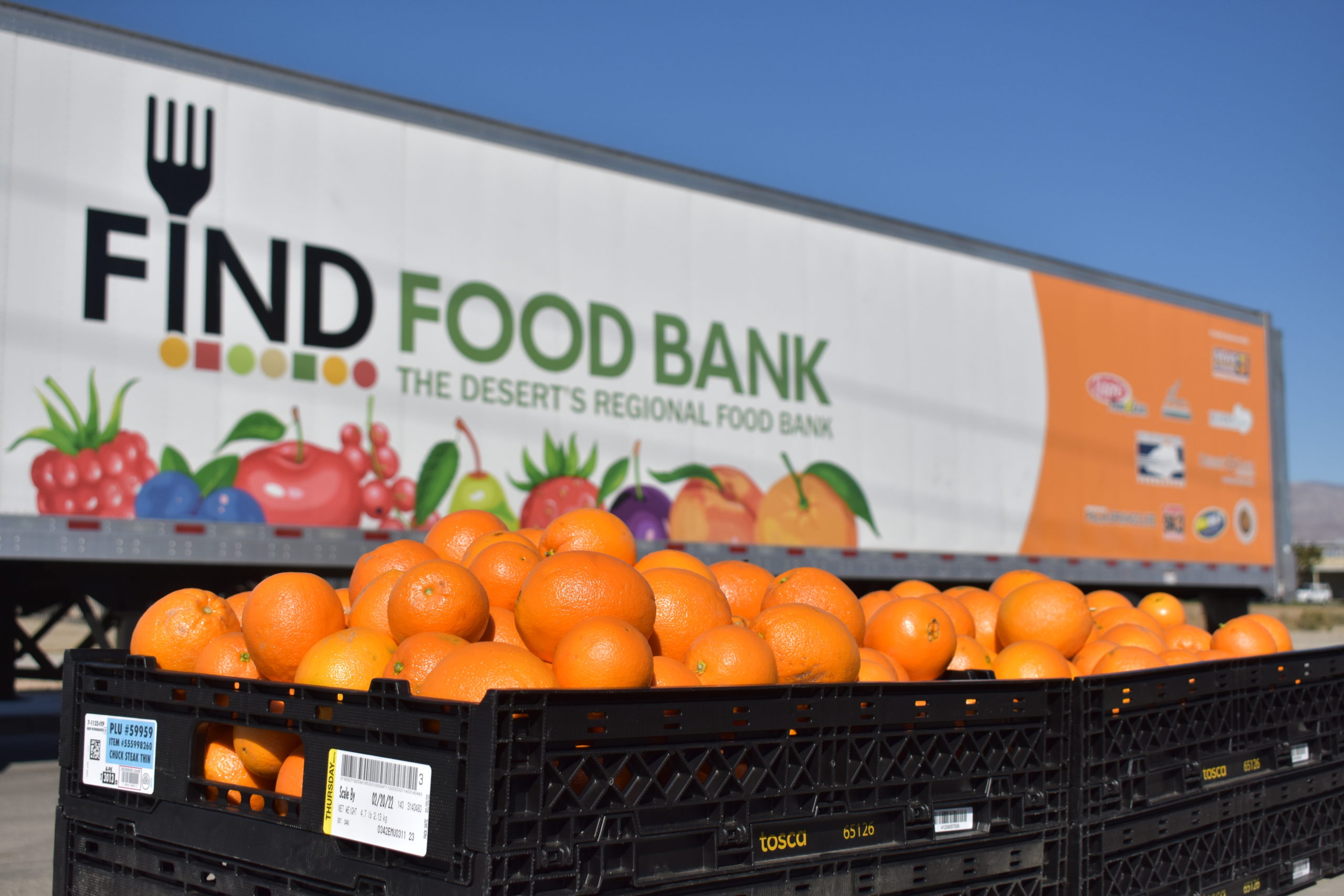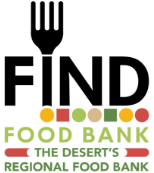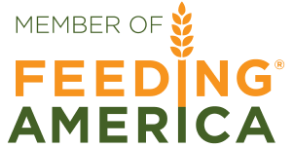What is SB 1383?
Senate Bill (SB) 1383, is a new California state law designed to reduce organic waste and greenhouse gas emissions, such as methane, which are the most potent and have the most significant polluting effects. CalRecycle oversees the law’s requirements ensuring the Jurisdictions take measures to reduce their organic waste.
Goals:
- Reduce organic waste disposal by 75% by 2025
- Rescue 20% more of currently disposed surplus food by 2025
Beginning January 1, 2022, all Tier 1 stores are required to donate their edible food fit for consumption to food recovery programs such as FIND Food Bank
Starting January 1, 2024, all Tier 2 businesses will be required to comply with SB 1383 requirements
Who is Involved?
Tier 1 Businesses
- Wholesale Food Vendors
- Food Distributors
- Food Service Providers
- Grocery Stores (≥10,000 sq. ft.)
- Supermarkets
Tier 2 Businesses
- Hotels*
- Restaurant Facilities*
- Health Facilities*
- State Agency Cafeterias*
- Local Education Agencies*
- Large Venues or Large Events
* Assuming facilities meet certain square footage criteria or the number of rooms/seats.
What food can be donated?
- Fresh produce
- Shelf-stable/Non-perishable foods
- Fresh/Frozen grocery requiring refrigeration/freezing
- Baked goods
- Frozen/Cold/Hot prepared foods
- Food items that meet the food safety requirements

How FIND Food Bank can help your business:
As the Desert’s Regional Food Bank, FIND Food Bank has collected non-perishable food items for redistribution from local and regional grocers, farmers, and distribution centers since its inception in 1983.
Contact our Agency & Retail Operations Manager, to become a retail store donor.
Office: 760-775-3663 x116
Contact Us: programs@findfoodbank.org
Why should businesses donate food?
In the United States, 40% of food goes uneaten¹. In California, 6 million tons of food scraps or food waste are thrown away each year in landfills; this accounts for 18% of waste in California landfills². Once organic waste begins to decompose, short-lived climate pollutants (SLCP), such as methane, are released into the atmosphere. The emission of these SLCPs contributes to negative impacts on the environment including droughts, wildfires, rising sea levels, heatwaves, and reduced snowpacks. Methane is a climate super pollutant, 84 times more potent than carbon dioxide³, making its effects on the environment that much more powerful. The good news is that we can take control of where our food goes and reduce the harmful environmental effects of food waste.
feed people, not landfills
As of 2020, 38.3 million Americans struggle with food insecurity⁴, and 1 in 5 people in California are food insecure⁵. Within our service area, 422,760 people have limited access to food⁶. Instead of edible food going straight to landfills, it can instead be redirected towards food rescue organizations that can redistribute the food to community members who lack consistent access to nutritious foods. The United Nations’ Committee on World Food Security defines food security to be “all people, at all times, have physical, social, and economic access to sufficient, safe, and nutritious food that meets their food preferences and dietary needs for an active and healthy life”⁷.
What are the benefits of donating?
- Community investment and support
- Tax incentives
- Minimize food insecurity
- Decrease waste collection
- Reduce food waste in landfills
- Comply with State and Local waste mandates
SB 1383 Compliance is Safe!
The California Good Samaritan Food Donation Act (AB 1219) এবং Federal Bill Emerson Good Samaritan Food Donation Act protects your business from liability for donated food. FIND Food Bank is a food safety expert and will ensure your food is stored and transported safely.
MealConnect Coming Soon
MealConnect is a tool to connect restaurants and other businesses to FIND Food Bank’s food distribution network and volunteers to help rescue their edible food items to redistribute to those experiencing food insecurity in our community.
সম্পদ
Click the following links to view more SB 1383 related resources




